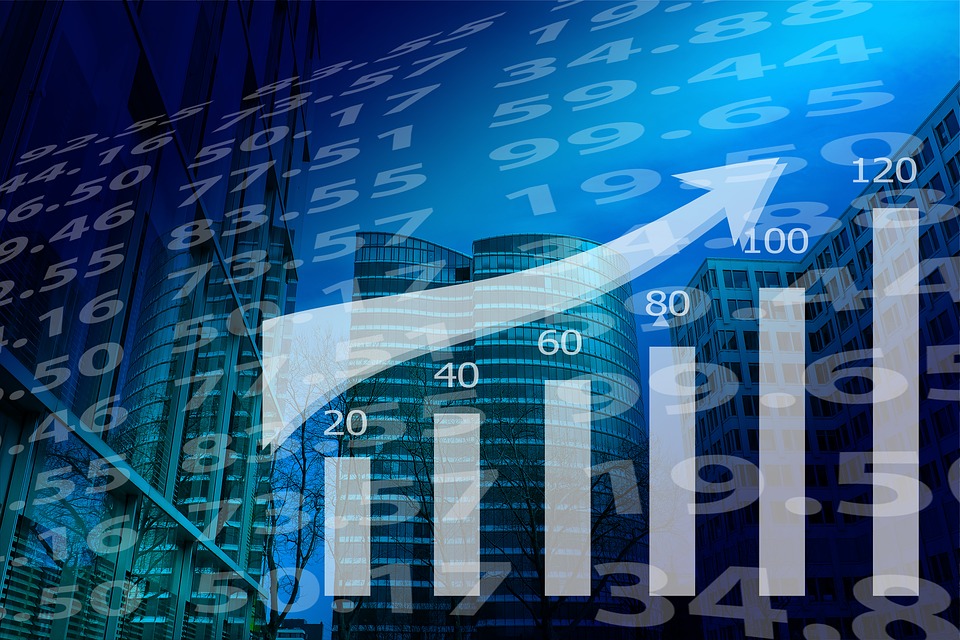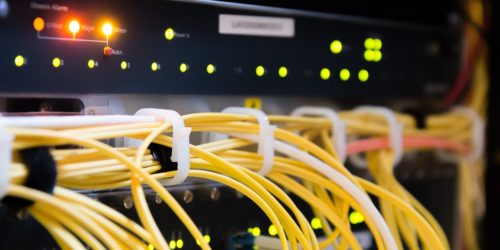With all the latest advances in technology and artificial intelligence, Euclidean has bravely decided to tackle the question that has been on our minds for quite some time now: are machines going to become smarter than humans when it comes to the market evaluations?
We don’t necessarily have to expect the Judgment Day scenario of the Hollywood action classic, but it is certainly one step further in AI development. After all, what could be more complicated than deciding on the right investments in today’s (crazy) world? The market is an ever-changing field people are constantly trying to decipher. Could it then be true that a machine, with its utterly unbiased approach, is more likely to tell the fortune of our market shares?

Always on the lookout for the future success, Euclidean has already done some research in the field and started using machine learning for some basic investment processes. In their Q1 2018 Letter, they explain their experiment in greater detail. Firstly, they begin by stating how deep-learning models, or DNN (Deep Neural Networks), have definitely made significant progress lately, which should enable them to make reliable forecasts. By definition, Deep Neural Learning, or Deep Neural Network, is described as an artificial intelligence function imitating the processes of the human brain which take place in decision making. The main point of DNN is that it’s capable of acquiring knowledge regardless if the data is supervised or not. In a nutshell, DNN is making conclusions on its own, even when it’s not instructed how to interpret the information.
In their first example, Euclidean wished to build a strong model for predicting returns or excess returns. However, the deep-learning model failed miserably. The traditional learning model did very well, while DNN probably struggled with too much noise. In short, the deep-learning model over-analyzed each data and couldn’t bear with the company’s stated results and their constant price changes. Nevertheless, Euclidean gave DNN one more chance, and this time it proved to be a real success. Actually, not only did the deep-learning model provided reliable forecasts, but it actually outperformed the human analysts! DNN passed this exam with flying colors. It managed to foresee the future financials based on the past financials. The second task had significantly less noise, though. Once the noise decreased, everything fell into place.
So, what is the verdict? Euclidean certainly continues giving praise. One of the main advantages lies in the fact that deep-learning models are absolutely neutral. On the other hand, it’s said that Wall Street analysts have a natural tendency to be overoptimistic and often overestimate the upcoming results. What is more, DNN is able to track all the companies out there, from the smallest start-ups to the big guys. Admittedly, new, small companies are of little to no interest to Wall Street experts. Therefore, the future looks promising for Deep Neural Networks. It only remains to be seen what effect it’s going to have on their creators’ kind.




